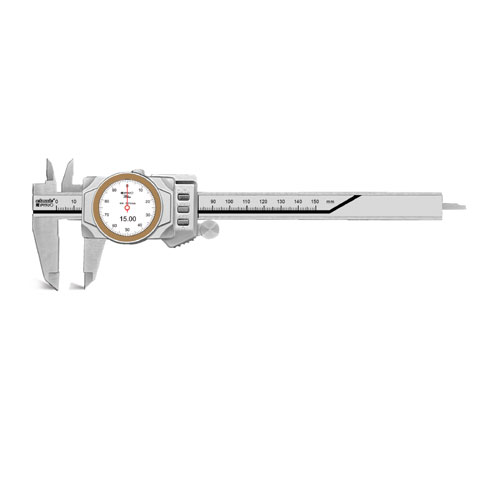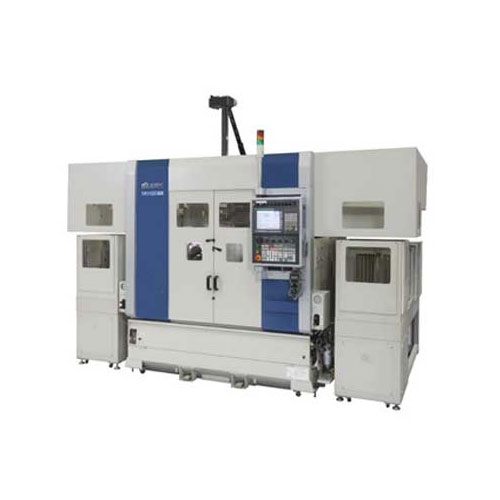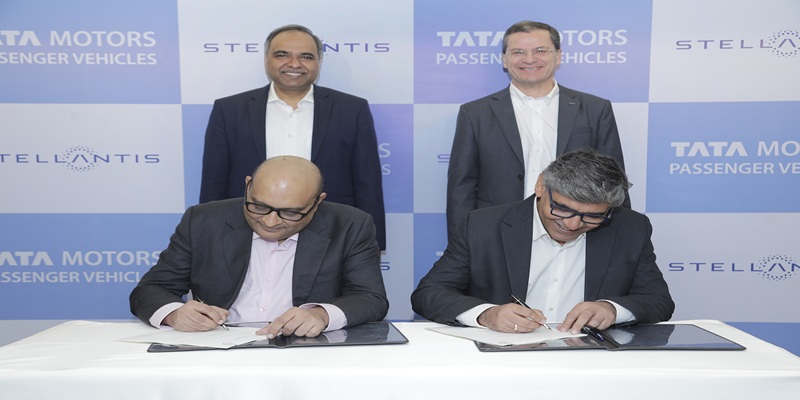Schedule a Call Back
Leveraging new age technologies in the manufacturing industry
 Articles
Articles- Mar 01,19

Related Stories
QuEST Global acquires Dakota Moon to deal with engineering issues in supply chain management
This acquisition is a part of QuEST’s vision to become the most recognized and trusted strategic partner to OEMs and Tier1 suppliers
Read more
Leveraging new age technologies in the manufacturing industry
Technological disruptions in four areas are disrupting industries and laying the ground for Industry 4.0. According to Yeshraj Singh, these are data, computational power and interconnectivity, analy..
Read more
The fourth Industrial Revolution and India
Industry 4.0 is a blend of state-of-the-art manufacturing, cutting edge artificial intelligence and related cyber-physical systems.
Read moreRelated Products

Digimatic Smart Caliper
Veekay Industries offers a wide range of digimatic smart caliper.

Compact Fmc - Motorum 3048tg With Fs2512
Meiban Engineering Technologies Pvt Ltd offers a wide range of Compact FMC - Motorum 3048TG with FS2512.

Digital Colony Counter
Rising Sun Enterprises supplies digital colony counter.














